CEO Tim Cook holds an iPhone 16 Pro Max in his hand. Photo: Bloomberg . |
For Apple, the new US retaliatory tariffs pose a significant challenge because the company relies on supply chains in multiple countries, meaning products imported into the US could be more expensive.
In a Bloomberg Power On report , analyst Mark Gurman stated that Apple is trying to keep iPhone prices stable in the US. Given the current climate, the company may be considering several measures to mitigate the impact.
A solution for Apple
According to Gurman, Apple has never increased the starting price of its high-end iPhone models. Since the iPhone X in 2017, comparable versions have all started at $999.
In fact, there have been some minor adjustments over the past eight years, such as the addition of a Pro Max version and the removal of the low-capacity option. Recently, concerns about iPhone price increases have resurfaced. Users are questioning how much more expensive the price will be.
“Of course, many people buy smartphones through installment plans and trade-in programs, so the list price might be less relevant. Even so, there’s still the issue of price shock. $999 is a psychological threshold that many people probably don’t want to cross,” Gurman said.
That's why Apple wants to keep the starting price high. When Trump imposed tariffs during his first term, Apple convinced the president to exempt iPhones from the tariffs. Apple also diversified its supply chain, no longer being overly dependent on China.
US President Donald Trump and Apple CEO Tim Cook. Photo: New York Times . |
When the Covid-19 pandemic broke out in 2020, Apple accelerated the diversification of its supply chain. Despite suffering losses due to inflation in the US, the company did not change its pricing strategy.
A Bloomberg writer argues that the new tariffs from Trump will be Apple's biggest challenge, especially since the affected countries are not limited to China. Most areas of Apple's supply chain are subject to these tariffs.
It's still possible that CEO Tim Cook will seek exemptions, or that the countries subject to the tariffs will negotiate. However, assuming the tariffs take effect on April 9th, Apple will have to make a crucial decision: accept the tariffs, encourage suppliers to lower prices, pass the costs on to customers, or adjust its supply chain.
According to Gurman, Apple could combine all four solutions. First, the company's purchasing team could negotiate lower prices with manufacturing partners. This would help maintain profit margins.
Furthermore, Apple likely prepared to absorb a small portion of the costs, especially since the profit margin for its hardware segment remains quite high (around 45%).
Apple may still consider adjusting iPhone prices. In this context, the reaction from users doesn't seem too serious. Ultimately, Apple is considering further restructuring its supply chain to mitigate losses from tariffs, without necessarily bringing the entire production line back to the US.
What will Apple do?
In fact, Gurman revealed that Apple had been stockpiling inventory in the US for months, as tariffs didn't apply to goods already imported into the US. Theoretically, the company could postpone raising prices until the iPhone 17 launch in September.
However, the risk here is that news about the new iPhone will only revolve around the price, rather than hardware upgrades. On the positive side, tariffs in many countries are lower than in China.
An advertisement for the iPhone 16 Pro. Photo: Bloomberg . |
"If you went behind an Apple retail store in the U.S. today, you would see a lot of inventory that was manufactured in China."
However, more and more iPhones are being manufactured in India. iPads, Apple Watches, and AirPods are made in Vietnam, while Macs are manufactured in Thailand and Vietnam. In the next few months, you will see even greater diversification in response to tariffs,” Gurman said.
It's worth noting that Apple can absolutely raise prices in other markets to cope with tax policies, currency fluctuations, and inflation. For example, the company raised iPhone prices in Japan in 2022 due to the weak yen.
That same year, inflation caused the price of iPads and other products to rise in Europe and the UK. There was a price surge following Brexit in the UK, making Macs significantly more expensive.
It's not easy to move production back to the US.
According to a Bloomberg writer , Apple's long-term supply chain transformation strategy includes decentralizing its manufacturing base across multiple major markets. For example, Foxconn has been producing iPhones in India and Brazil, helping the company avoid tariffs in those countries.
Increasing production in Brazil could mitigate the impact, as Trump only imposed a 10% tariff on goods imported from that country. However, the scale of production lines in Brazil is very small compared to Asia, requiring a significant expansion plan. Furthermore, Brazil focuses on producing only basic iPhone models, not the iPhone Pro.
A less dire scenario would be for countries in Southeast Asia that manufacture Apple devices to negotiate with the US government to reduce tariffs. However, Gurman argues that in any case, the likelihood of a company like Apple completely moving its manufacturing operations back to the US in the next few years is very low.
Users experience the iPhone 16. Photo: Bloomberg . |
"If the management truly wants to manufacture iPhones domestically, it would take at least half a decade to build and operate. That's not even considering the impact on iPhone pricing. This move could potentially double costs, a disastrous prospect for both the company and consumers," the Bloomberg writer emphasized .
Apple has been increasing its investments in the US recently, including a plan to invest $500 billion over the next four years, announced in February. CEO Tim Cook even contributed $1 million to Trump's inauguration fund in January. Despite this, the situation remains unfavorable for Apple.
First and foremost, Apple needs to find a way to appease users who are worried about rising iPhone prices. According to Gurman, the company could boost its installment purchase and trade-in programs, or even revive its device leasing plan.
"If this new order truly exists, at least Apple will have more ways to cope," Gurman emphasized.
Source: https://znews.vn/iphone-lieu-co-tang-gia-post1543907.html



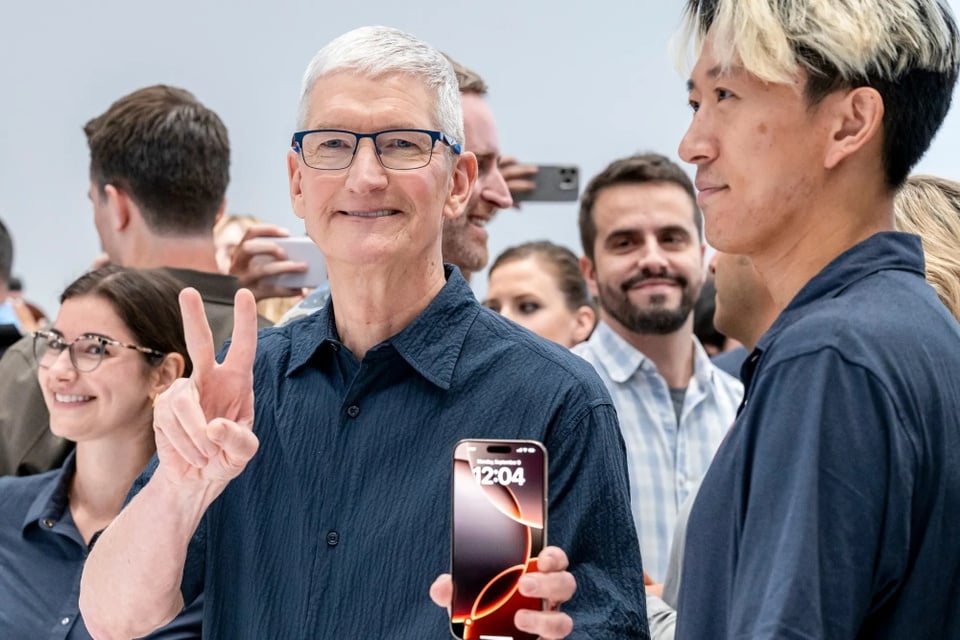
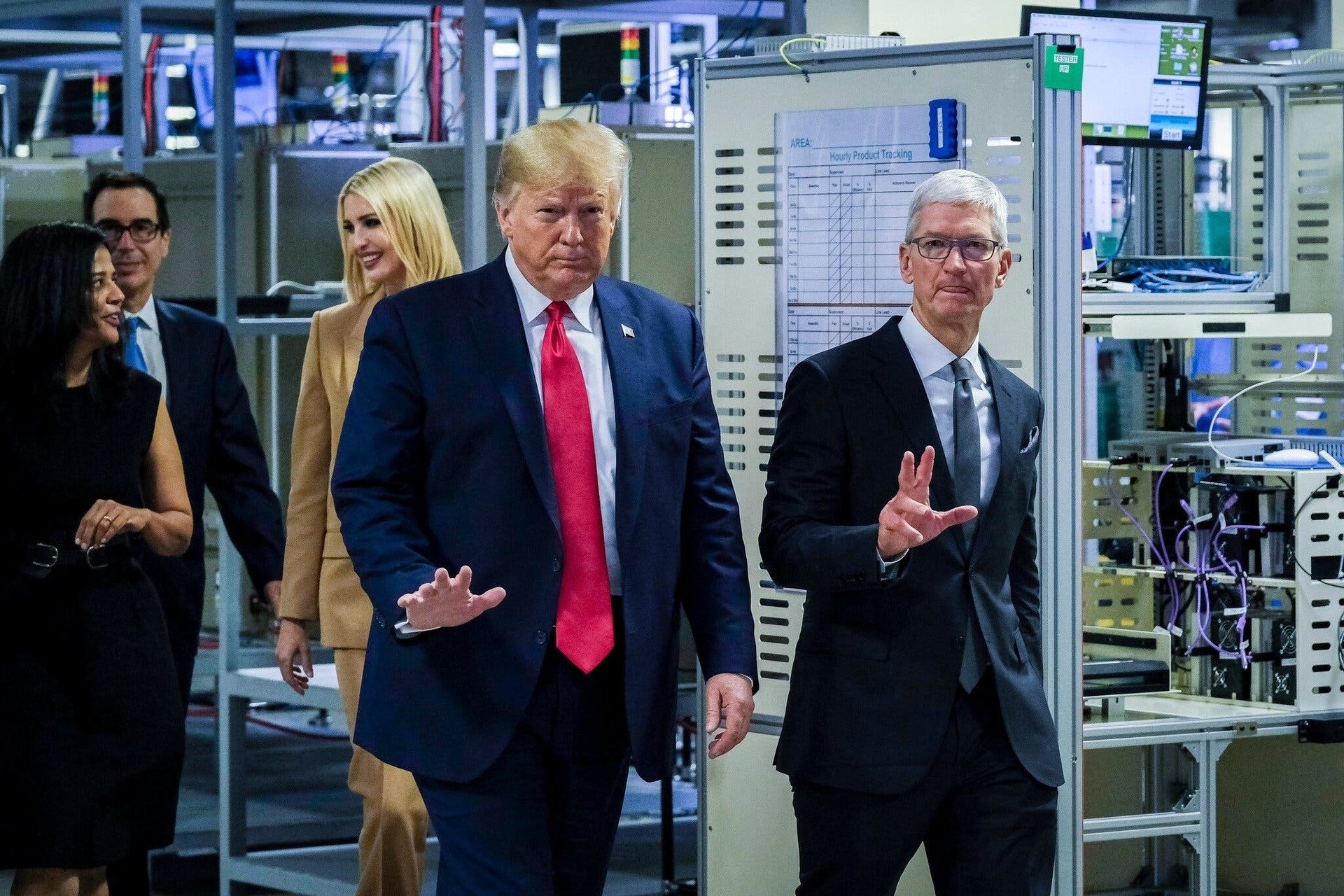
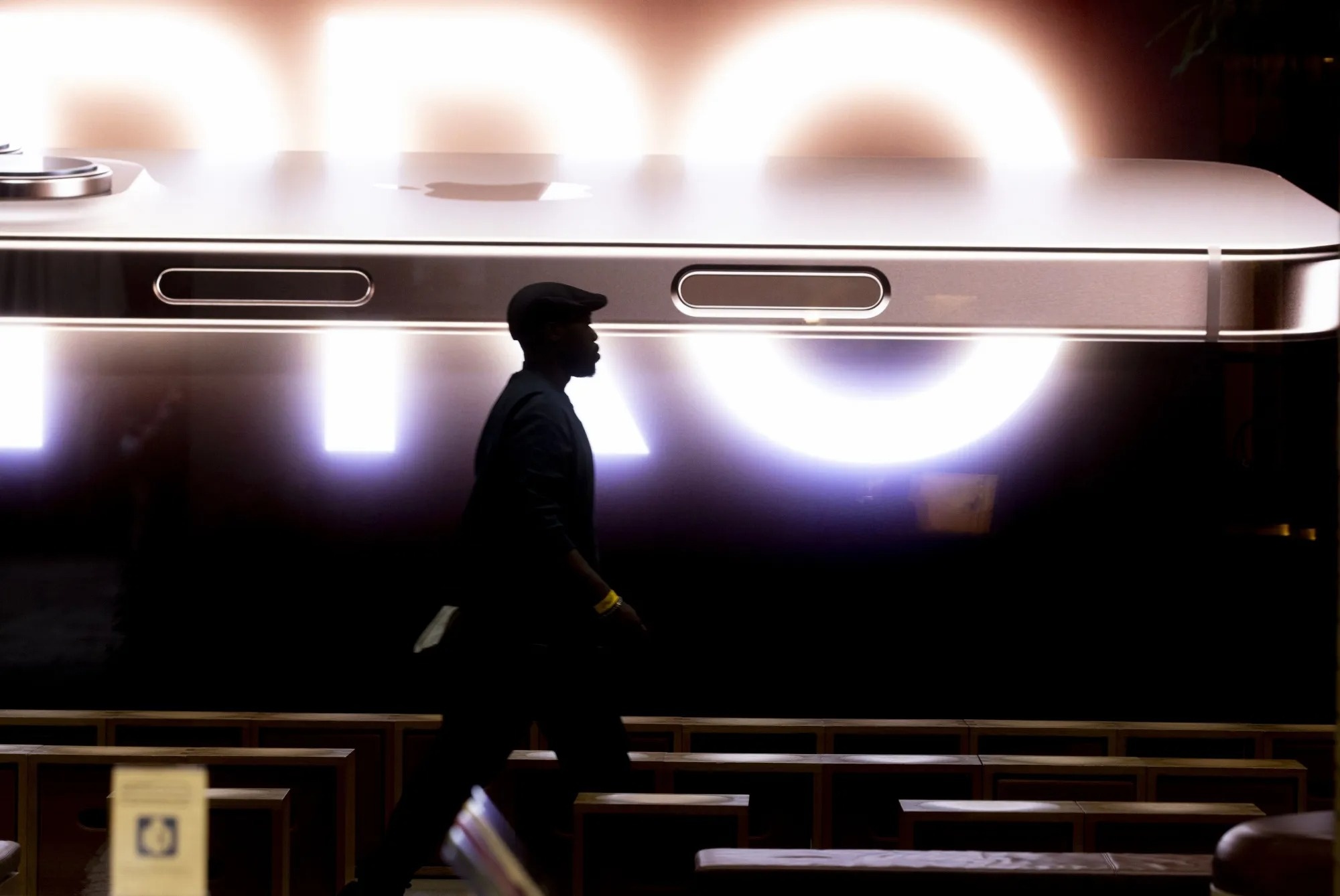
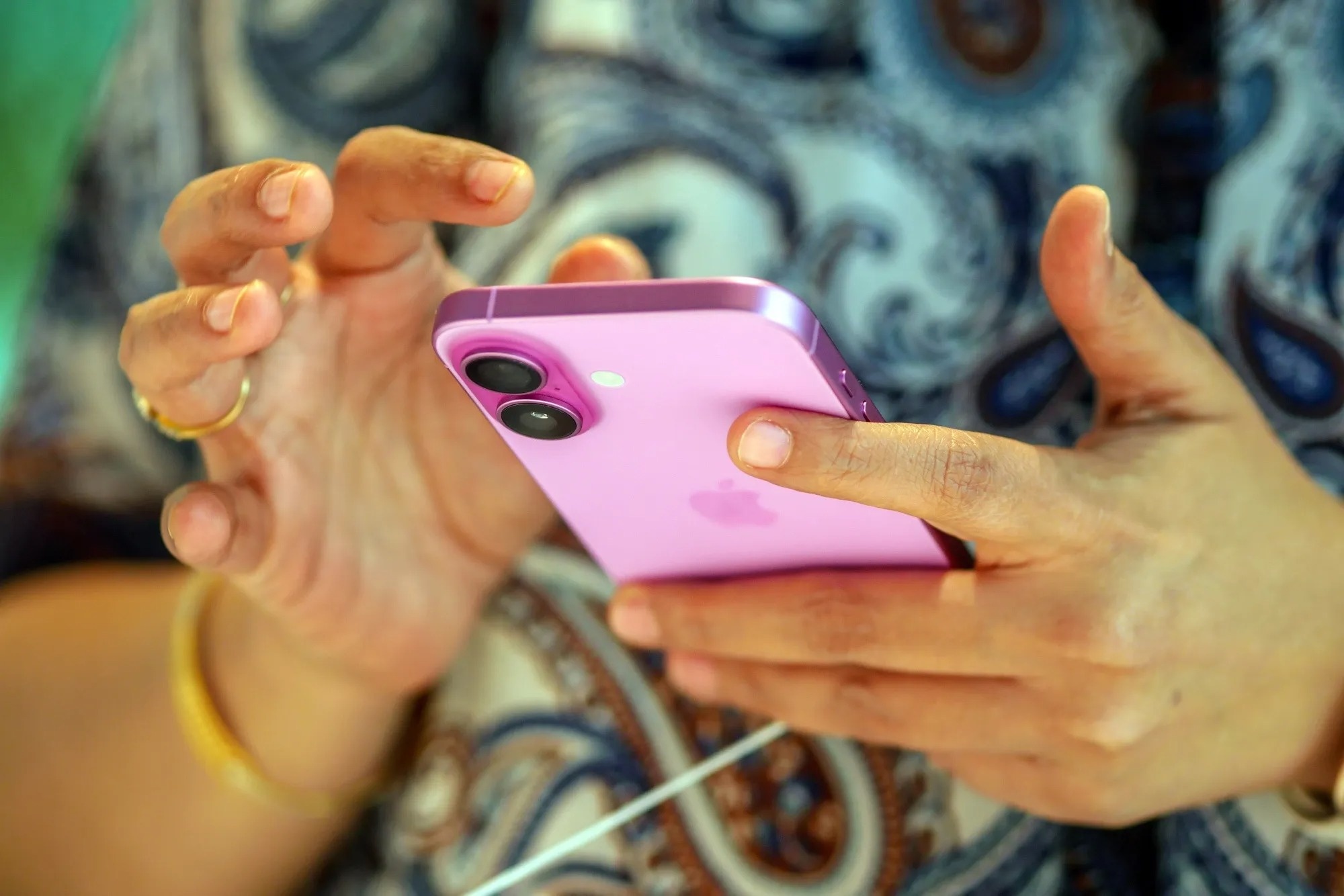
























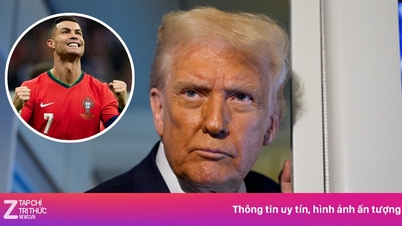













































































Comment (0)